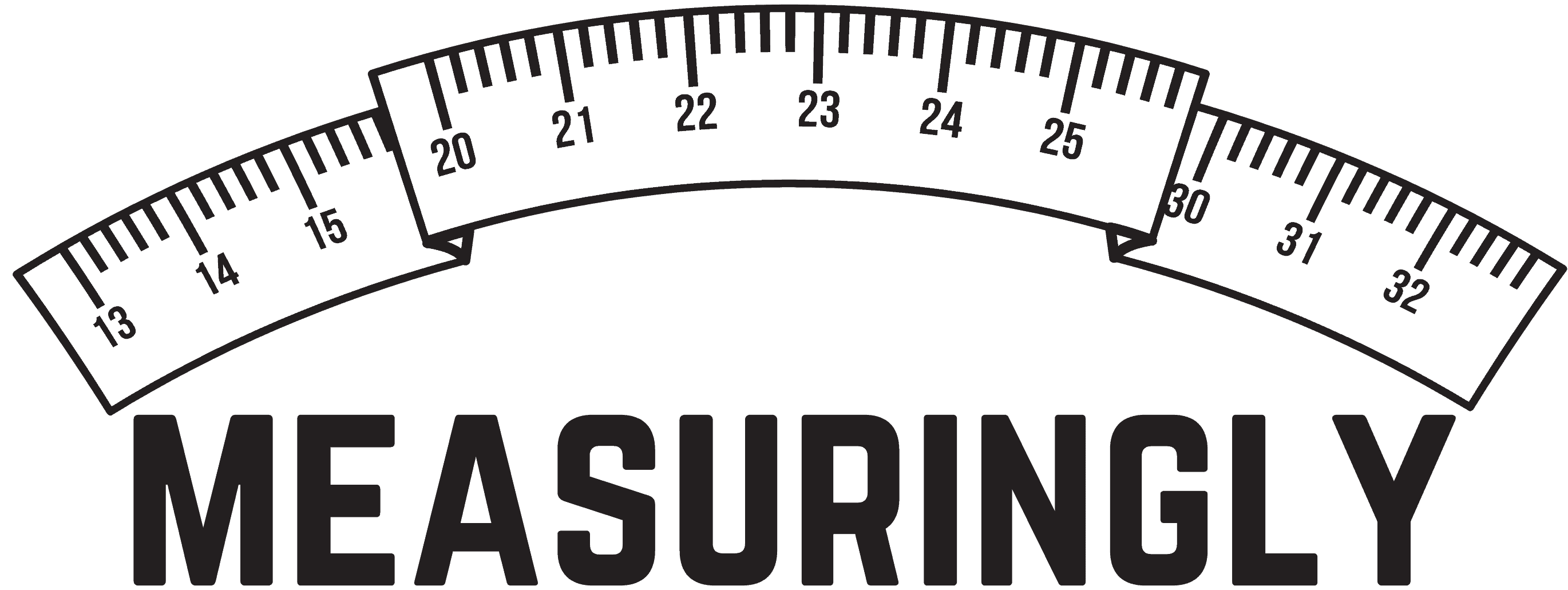When I first started researching water heaters for my home, I was curious about their weight. How much does a water heater weigh, and does it vary between different types and sizes? To help others with the same questions, I decided to dive into the topic and share my findings.
Water heater weight varies based on size, capacity, and materials used in construction. I’ll cover common types and their weights, which help plan installation, maintenance, or replacement.
Read: How Much Does an ATM Weigh? (Full Guide)
The average weight of a tankless water heater is around 20 to 45 pounds. The weight of a storage tank water heater ranges from 100 to 200 pounds. Heat pump water heaters weigh between 150 and 250 pounds

Types of Water Heaters and Their Weights
When it comes to water heaters, there are several types available in the market. As a result, their weights can vary significantly, ranging from lightweight tankless options to heavier traditional tank-style ones.
In this section, I’ll overview the most common types of water heaters and their respective weights.

Tankless Water Heaters: These models heat water on demand, providing hot water only when you need it. Due to the absence of storage tanks, these water heaters are relatively lightweight. The average weight of a tankless water heater is around 20 to 45 pounds.

Storage Tank Water Heaters: As the name suggests, these water heaters have a tank to store and heat the water. The tank’s capacity is typically between 30 and 80 gallons. Consequently, these water heaters weigh more than their tankless counterparts. The weight of a storage tank water heater ranges from 100 to 200 pounds.

Heat Pump Water Heaters: These water heaters work by absorbing heat from the air or ground and transferring that heat to the water, making them highly efficient. In addition to their energy-saving perks, heat pump water heaters are also heavier, with most models weighing between 150 and 250 pounds.

Solar Water Heaters: These eco-friendly water heaters use energy from the sun to heat your water, reducing your reliance on other energy sources. Solar water heaters can either be active or passive systems. The weight of a solar water heater can vary depending on the model, but generally, they range from 150 to 300 pounds.
Whether you’re going for a lightweight tankless option or a more substantial solar system, it’s essential to consider the installation location and any structural requirements when planning your purchase.
Factors Influencing Water Heater Weight
In my experience, I’ve found that several factors can influence water heater weight. Let’s take a look at these in detail.

First, the type of water heater plays a significant role. There are two main types – tankless and storage tank water heaters. Tankless water heaters are generally lighter, as they don’t require a storage tank. Conversely, storage tank water heaters are heavier due to their tank.
Secondly, the size and capacity of the water heater affect its weight. A larger storage tank capacity usually results in a heavier water heater. For instance, a 40-gallon tank typically weighs less than an 80-gallon tank. It’s essential to consider your household’s hot water needs and choose a water heater that meets them.
Additionally, the materials used in the water heater’s construction contribute to its weight. Commonly used materials include:
- Steel: It’s heavy but durable, making it a popular choice for water heater tanks.
- Copper: It’s lighter than steel and has excellent heat transfer properties, often used in tankless water heaters.
- Plastic: It’s the lightest material but may not be as durable or long-lasting as steel or copper.
Lastly, factors like the heating mechanism (gas, electric, or solar) and insulation can also impact the water heater’s weight. Gas-powered units tend to be heavier due to the additional components required for combustion. Well-insulated water heaters are slightly heavier, but they can maintain water temperature efficiently.
Unit weight may not be the most critical aspect, but it can affect installation and structural support. Keep this in mind while choosing a water heater.
Disposal and Recycling of Old Water Heaters
When I decided to replace my water heater, I was faced with the question of what to do with the old one. Disposing of and recycling old water heaters can be challenging, but I found some helpful information that might help you too.
Water Heater Recycling
Recycling your old water heater is an environmentally friendly and responsible way to dispose of it. I discovered that many scrap yards and recycling centers accept old water heaters, and they often pay you for the scrap metal.
Here’s a simple breakdown of the steps I took to recycle my old water heater:
- Drain the water tank: Before taking your water heater to a recycling facility, make sure it is completely drained of water.
- Locate a recycling facility: Use an online search to find a facility that accepts water heaters. Make sure to call ahead and confirm their policies and procedures.
- Transport the water heater: Safely load your water heater onto a truck or trailer and drive it to the recycling facility.

Impact on Environment
The disposal of old water heaters can have a significant impact on the environment. By recycling, I’m helping to conserve valuable resources and reduce pollution.
Read: How Much Does a Tractor Tire Weigh?
Some of the vital environmental benefits include:
- Reduced landfill waste: Water heaters take up a considerable amount of space in landfills, and recycling them helps save that precious real estate.
- Resource conservation: Recycling water heaters allows for the recovery and reuse of valuable metals like steel, brass, and copper.
- Lowered greenhouse gas emissions: The process of recycling and reusing metals produces fewer greenhouse gas emissions compared to mining and processing new materials.
Properly disposing of and recycling your old water heater can make a big difference to the environment. It requires only a small effort on your part, and many recycling facilities will even pay you for your scrap metal. This way, you get to contribute to a greener planet while also benefiting from it yourself.
Frequently Asked Questions
What is the weight of a tankless water heater?
As a tankless water heater, it generally has a lower weight than traditional storage tank types. I’ve found that a typical tankless water heater weighs around 20 to 30 pounds.
How heavy is a 75-gallon water heater when full?
A 75-gallon water heater can be pretty heavy, especially when full. Generally, an empty 75-gallon tank weighs around 200 pounds, but when full, it can weigh up to 800 pounds!
What is the weight of a 50-gallon water tank when full?
A 50-gallon water tank is another standard option for homeowners. These tanks usually weigh around 150 pounds when empty. However, when full of water, their weight can increase to roughly 600 pounds.
What are some tools to help lift a water heater?
Lifting a water heater can be a challenging task due to its weight and size. To make it easier, I recommend using tools like hand trucks or dollies, which can support the weight of the water heater and enable easy transportation.
Can two people carry a water heater?
Yes, two people can carry a water heater, especially when it’s empty. However, it’s crucial to practice caution and use proper lifting techniques to avoid injuring yourself. When a water heater is full, I strongly advise against carrying it, as it can be extremely heavy and pose a risk to your safety.
What does a 100-gallon water heater weigh?
A 100-gallon water heater is a substantial unit typically found in commercial or industrial settings. When empty, it can weigh around 300 to 350 pounds. However, when full, its weight can dramatically increase, reaching up to an impressive 1,200 pounds!







